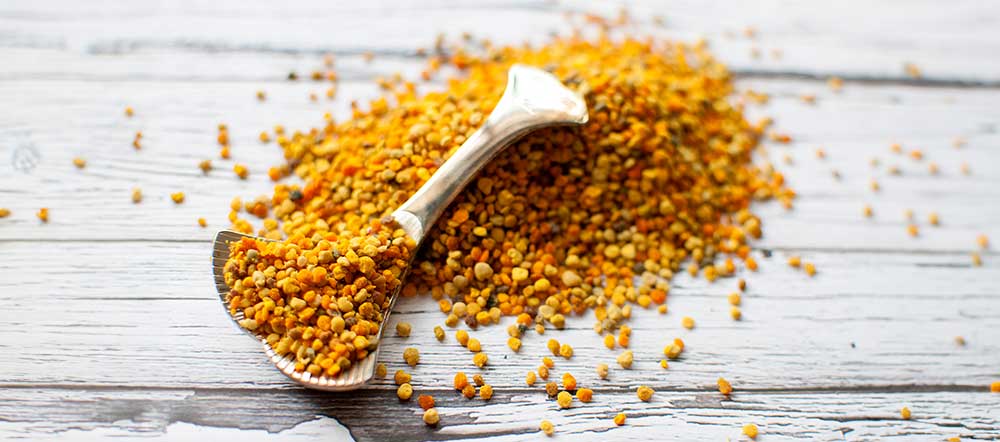What are the Difference of Bee Supplement and Bee Substitute?
The terms "bee supplement" and "bee substitute" are often used in the context of beekeeping to refer to different types of feed provided to honeybees when natural forage is limited or unavailable. Here's a breakdown of the differences between the two:
1. Bee Supplement:
A bee supplement is a feed that is designed to supplement the existing natural forage available to honeybees. It is typically provided to the bees during times when there is a scarcity of pollen or nectar in the environment. Bee supplements aim to provide essential nutrients that may be lacking in the bees' diet, ensuring their overall health and productivity. These supplements often come in the form of pollen patties or powders, which contain a mixture of pollen, essential amino acids, vitamins, and minerals. The goal of a bee supplement is to enhance the bees' nutrition and support their natural foraging behavior.
2. Bee Substitute:
A bee substitute, on the other hand, is a complete replacement for natural forage and is used when there is a total absence or extreme scarcity of pollen or nectar sources. Bee substitutes are generally made up of artificial ingredients that mimic the nutritional components of natural pollen and nectar. They are formulated to provide all the necessary nutrients required by honeybees. However, bee substitutes are typically used as a last resort and are not as ideal as natural forage. While they can sustain bees in times of emergency, they do not fully replicate the diverse and complex nutritional profile found in natural sources. It's important to note that the long-term use of bee substitutes can negatively impact the bees' health and weaken their immune systems.
Summary of Bee Supplement and Bee Substitutes
In summary, a bee supplement is used to supplement the bees' existing natural forage during periods of scarcity, providing additional nutrients to support their health and productivity. A bee substitute, on the other hand, is a complete replacement for natural forage and is used in situations where there is a total absence or extreme scarcity of pollen or nectar sources, although it is not as ideal as natural forage. Both bee supplements and bee substitutes serve as temporary solutions to feed bees when their natural food sources are limited, but the substitute is used when there are no other options available.

